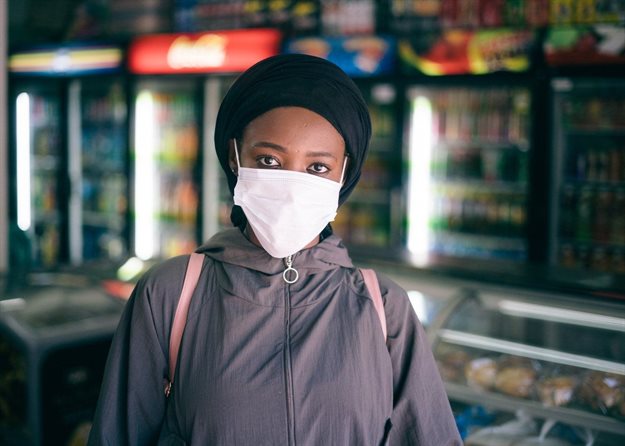Professor Ralph Hamann from UCT's Graduate School of Business is among a group of researchers analysing the initial impacts of Covid-19 in Africa. They have identified five contextual features that need to be considered to limit the spread of Covid-19 and mitigate its impacts on the continent.
Africa experienced a late onset of the pandemic and a relatively low number of infections and deaths compared with other regions. Finding reasons for these phenomena will require more research in the coming months and years, but they could be ascribed to the younger population, warmer climate and being less connected to other parts of the world in terms of travel.
In the paper titled “Covid-19 in Africa: Contextualizing impacts, responses and prospects”, which was recently published in Environment: Science and Policy for Sustainable Development, Hamann and his colleagues argue that the relatively low infection and morbidity rate in Africa “provides little room for complacency”.
Focusing on Kenya, Mauritius, Nigeria and South Africa – the four countries where the researchers are based – Hamann describes the paper as an early and unexpected output of Business, the SDGs and Covid-19 in Africa, a collaborative project the group launched earlier this year.
Broader social science perspective
“It seemed to me that there was precious little analysis of Covid-19 in African contexts, and especially from a broader social science perspective rather than an epidemiological or public health perspective,” he explained. “As a team, we were well placed to put our heads together and jointly write something on how Covid-19 is manifesting in our four countries.”
What emerged from Hamann and his colleagues’ research is the fact that Covid-19 has been a severe setback in Africa’s progress towards achieving the United Nations (UN) Sustainable Development Goals (SDGs).
One of the most important outcomes of the paper is the research team’s identification of five contextual features that should be considered in ongoing efforts to limit the spread of the disease and mitigate its impacts on the continent.
They are as follows:
- People living in informal settlements and relying on informal work find it difficult or even impossible to adhere to ‘shelter-in-place’ rules, and this reduces the efficacy and social acceptability of lockdown regulations.
- In a context of poverty and food insecurity, where most workers are in the informal economy and lack social welfare protection, the social consequences of economic restrictions are severe.
- In most African countries, states lack the fiscal resources and organisational capabilities to effectively mitigate the pandemic’s impacts on their economies and communities.
- Lockdown regulations and subsequent efforts to mitigate their impact have largely given insufficient attention to the specific circumstances of informal workers.
- The pandemic is exacerbating pre-existing social inequalities and conflicts, including geographic disparities within countries that have longstanding colonial roots.
Despite the setbacks and ongoing challenges, the pandemic has also given rise to a number of positive responses in various African contexts. These include technological innovations, such as a low-cost testing kit developed in Senegal and a context-sensitive tracing app developed in South Africa; social innovations such as community action networks that are reaching across apartheid legacy chasms between communities; and the good use that has been made of various African countries’ prior experiences in combating viruses such as HIV and Ebola.
























